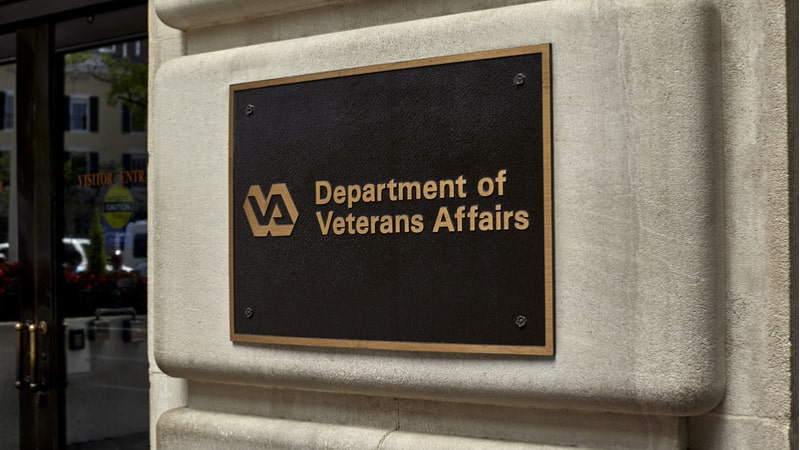
The Department of Veterans Affairs (VA) had a busy 2023, delivering more care to more veterans than ever before. As the agency looks ahead to 2024, the VA’s Office of Information and Technology (VA OIT) is looking to hire more AI experts to help the agency upgrade some of its digital healthcare tools.
VA Chief Information Officer (CIO) Kurt DelBene told reporters on Thursday afternoon that the VA is making a “modest request” to bulk up its AI workforce in response to not only President Biden’s recent AI executive order, but also to meet the increase of benefits applications under the PACT Act.
Thanks to the PACT Act, over 40,000 people applied for VA health care for the first time in September – marking the biggest month ever for the VA in terms of the volume of healthcare submissions.
“Especially with the PACT Act, adding new people who can get health care and benefits from us, it really puts a higher premium around being able to do things like automation,” DelBene said.
Congress approved a continuing resolution (CR) on Thursday that extends Federal funding at fiscal year 2023 levels through early March – avoiding a government shutdown. However, DelBene said the VA can only do so much hiring under a CR.
“We want to staff up in the AI space, in particular, and that becomes challenging under a CR,” he said. “Obviously, the applied-for budget in 2024 is larger than our existing budget, and that’s what’s necessary to add more headcount.”
“So, we’re kind of okay for now. But long term, we just need to get a budget,” the CIO added.
VA Chief Technology Officer (CTO) Charles Worthington explained that the VA is looking to build out its team of practitioners – or “the people that understand how to build and use AI tools.”
However, he said there is also a need to train the VA’s existing workforce on how to effectively use these AI tools.
Worthington pointed to the VA’s Artificial Intelligence Tech Sprint, which is underway right now to identify AI-enabled tools that will reduce the burnout of healthcare workers.
“I would say the theme right now is looking for relatively low-risk type use cases, things where, you know, the data maybe is not very sensitive,” he said. “But we also are looking at some pretty high-impact use cases as well … medical record ingestion being one, clinical ambient AI being another where you can have a transcription of a clinical encounter, as well as a summary of the encounter into a clinical note that might be able to ease provider workloads – some really exciting products that we’re starting to test pretty aggressively.”
The CTO also said that the VA is planning to do a “refresh” to some of its healthcare tools, including the My HealtheVet patient portal features.
“Those are going to be still accessible, but are going to be upgraded and integrated with the rest of the VA.gov platform in a way that will make them more powerful and easier to use,” Worthington said.
In addition to upgrading the core platform, he said the agency is looking to connect core patient portal experiences such as messaging your doctor, ordering hearing aid batteries, or ordering CPAP supplies.
“VA has a lot of unique things that we offer our patients beyond just the core patient portal experiences. And so, in the coming year, we’re going to be basically delivering a lot of those My HealtheVet experiences within the VA.gov platform in a way that’s going to better integrate those experiences across the business lines,” Worthington said.
“We’re really excited about some of the changes that we’re going to be making to our healthcare experience,” he concluded.
